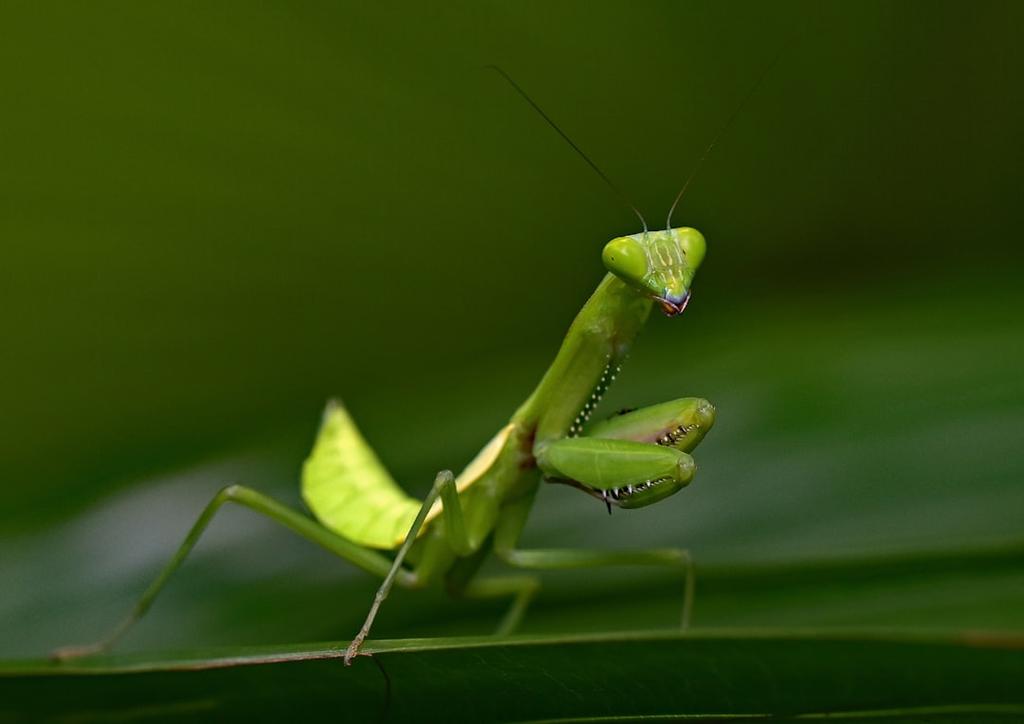As the global population continues to swell, the demand for meat is skyrocketing, prompting researchers to explore sustainable alternatives to traditional livestock farming. One promising avenue is cultivated meat (CM), which involves growing meat in a lab from animal stem cells. A recent article published in Small Science highlights an innovative approach that could revolutionize this field: the use of insect cells in the production of cultivated meat.
Lead author Fabiana Giglio from the Department of Sciences at the University of Basilicata emphasizes the potential of insect cells, stating, “Insect cells may offer advantages in overcoming technological challenges that hinder cell culture development and expansion.” This perspective is crucial as the industry grapples with issues like scalability and cell viability in cultivated meat production.
Using insect cells instead of the more commonly utilized mammalian cells could present significant benefits, not just for the meat industry but also for the energy sector. The production of cultivated meat is energy-intensive, and leveraging insect cells could lead to more efficient processes. Insects require less land and water compared to traditional livestock, and they can convert feed into protein more efficiently. This efficiency could translate to lower energy consumption in the production process, aligning with broader sustainability goals.
Furthermore, as Giglio notes, understanding the physiology of muscle and fat cells is key to maximizing the potential of insect cells. This understanding could lead to advancements in culture media and bioreactors, which are essential for scaling up production. The implications for commercial opportunities are vast. Companies involved in cellular agriculture could see a surge in interest from investors as the demand for sustainable food sources grows.
The exploration of insect cells in cultivated meat production not only addresses food security concerns but also opens doors for energy-efficient practices in food manufacturing. As the industry evolves, the integration of these innovative approaches could reshape how we think about food production and its environmental impact.
For those interested in the research, more information can be found through the University of Basilicata’s website at lead_author_affiliation. With the insights from this study, the future of food production looks promising, paving the way for a more sustainable and environmentally friendly approach to meat consumption.




